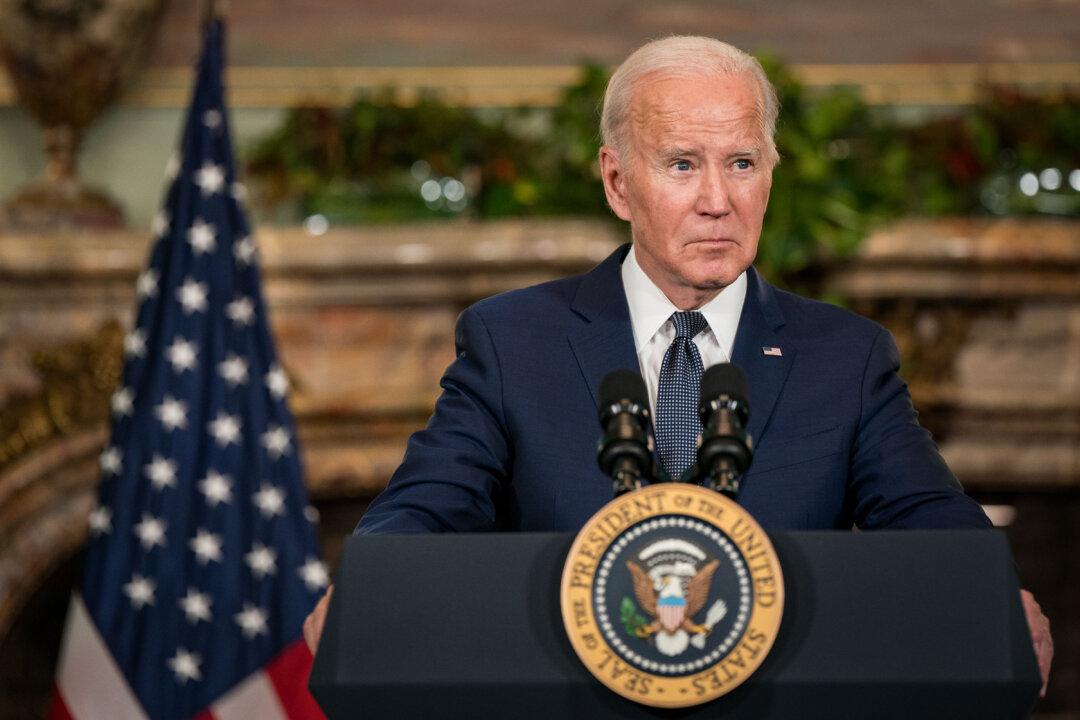President Joe Biden is moving to reorient the United States’ strategic focus on the Indo-Pacific after getting bogged down by wars raging in Europe and the Middle East.
The president engaged in a flurry of diplomatic activity this week at the Asia-Pacific Economic Cooperation Leaders’ (APEC) summit in San Francisco.




